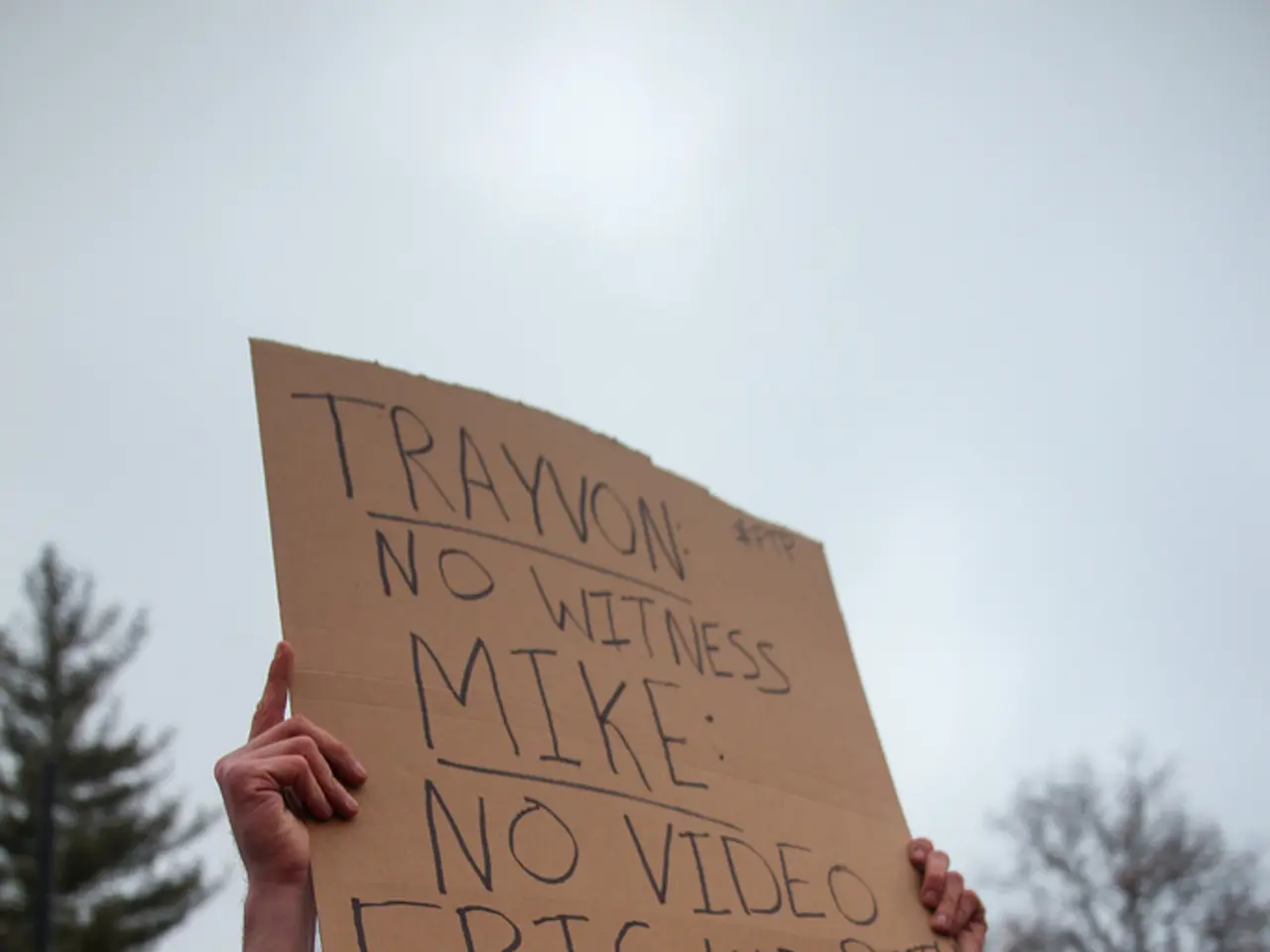Independence advocates push for rejection of the Bougival Accord in New Caledonia
In a significant development, an agreement was reached on July 12, 2025, between separatists and non-separatists in New Caledonia, paving the way for the territory to remain part of France with enhanced autonomy, recognition as a state, and a dual citizenship arrangement. The negotiations, which took place over nine days at a grand hotel in Bougival, Yvelines, were initiated under the invitation of President Emmanuel Macron [1][3].
However, the agreement, despite being hailed as a "major commitment" by then-Minister of Overseas Manuel Valls [2], has been met with opposition from one of the key pro-independence parties, the Caledonian Union. The Union, a significant component of the FLNKS, rejected the deal on July 31, citing concerns about the balance between the visions of separatists and non-separatists [4].
The Caledonian Union's rejection indicates ongoing political tension and potential challenges to the agreement’s implementation. The Union described the agreement as a "sovereignty mirage allowing the maintenance of French New Caledonia" [5]. This rejection comes after a period of fracture between the two camps, exacerbated by the riots of 2024 [6].
Despite Manuel Valls' success in bringing the two camps back to the table, the negotiations have since slipped away from his control [7]. The agreement, while historic, remains a point of contention between the Caledonian Union and the non-separatist camp [3].
The agreement is set to be ratified by the French Parliament and then put to a referendum in New Caledonia in 2026 [1][3]. The current status of the Caledonian dossier negotiations underscores the fragile and contested nature of the agreement, with ongoing division among separatists and potential challenges to its implementation.
[1] Le Figaro, July 13, 2025 [2] France 24, July 12, 2025 [3] RFI, July 13, 2025 [4] Radio NZ, July 31, 2025 [5] Caledonian Union Press Release, July 31, 2025 [6] BBC News, December 31, 2024 [7] Le Monde, July 20, 2025
- The ongoing division among separatists and the rejection from the Caledonian Union indicates that the policy-and-legislation surrounding the agreement in New Caledonia, which proposes enhanced autonomy, recognition as a state, and a dual citizenship arrangement, will face significant challenges in its implementation.
- The implementation of the historic agreement between separatists and non-separatists in New Caledonia, which was met with opposition from the Caledonian Union, will likely be a complex matter, given the ongoing politically contentious nature of the general-news story.







